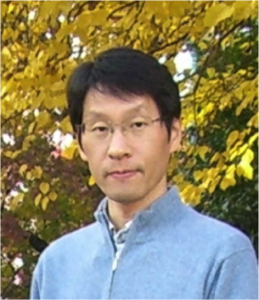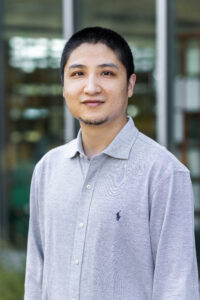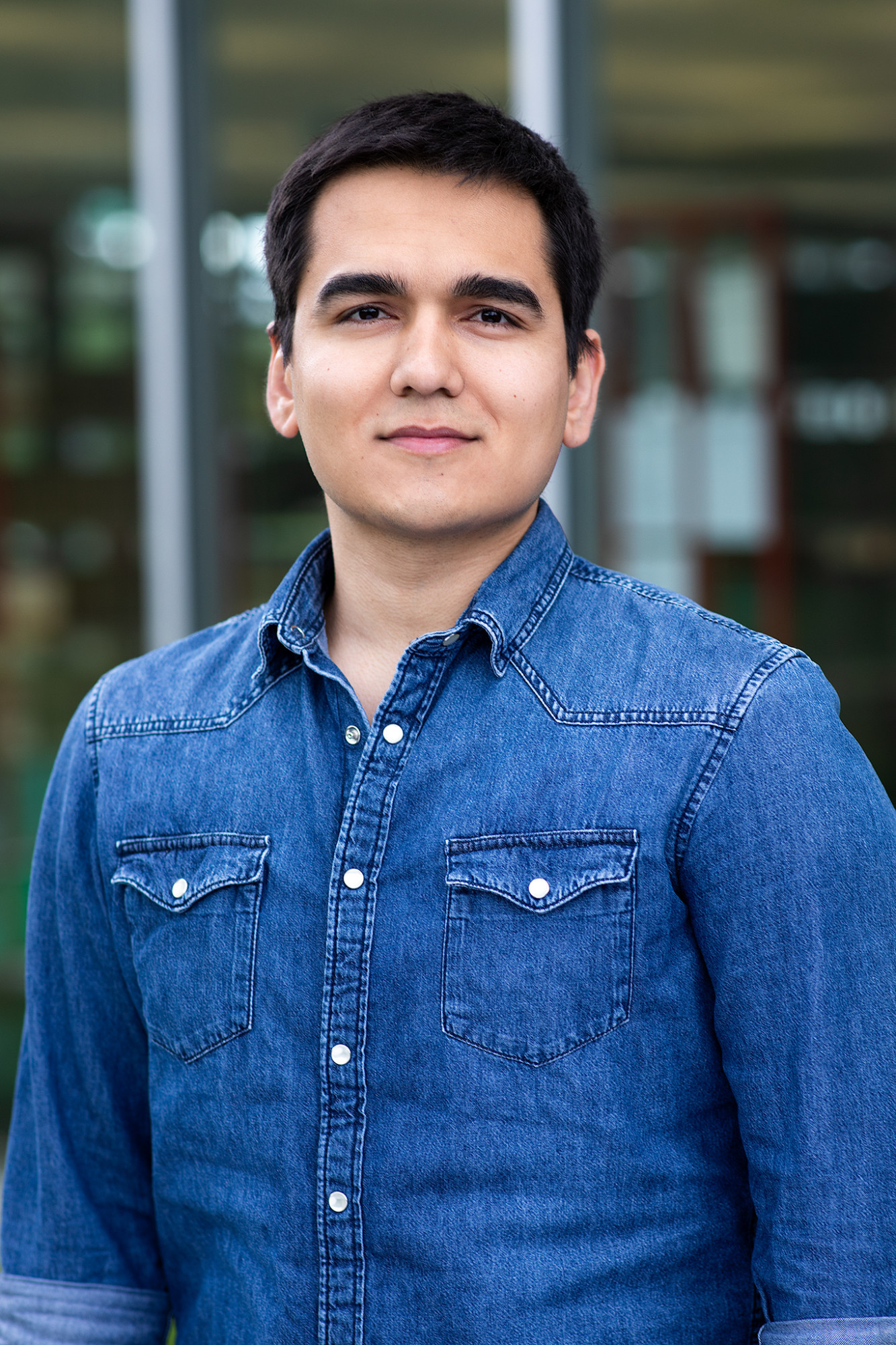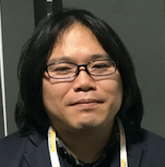Project K – Multi-Scale Modeling of Electromechanical Coupling in Perovskite-Based Ferroelectric Materials and Composites
Ferroelectrics based on disordered perovskites, including relaxor-type materials, are strong alternatives to conventional lead-based PZT. Ferroelectrics exhibit a strict coupling between crystal lattice deformation and the spontaneous electric polarization, which can be used as an order parameter in phase-field models (PFM) to describe the microstructure at the meso-scale. Such PFM are suitable for modeling the coupled evolution of electrical and mechanical fields and microstructural order parameters in a multi-physics setting. However, unlike conventional ferroelectrics, the properties of relaxor ferroelectrics (RFs) depend crucially on the presence of atomic level randomness. This can be expressed as quenched compositional disorder that induces random fields that interact with the ferroelectric domain structure. The question remains how meso-scale modeling approaches can be adequately parameterized within a multiscale framework, based upon parameters characterizing compositional disorder on the atomic scale and quantum mechanical descriptions of the atomic-level interactions. To develop a multiscale framework for RFs, the range of accessible system sizes in molecular dynamics (MD) needs to be expanded beyond the current state-of-the art and reliable MD potentials for describing polarizable multi-component systems need to be developed. Moreover, the dependence of the phase transition in ferroelectrics on (chemical) disorder is of major importance, where especially the elastic constraints imposed by deposition as thin films may offer strongly improved effects in the dielectric response.
This project aims to establish a consistent multi-scale description of perovskite-based ferroelectrics for both chemically ordered and disordered perovskite materials, including the atomic-scale interactions of structure, disorder, and polarization, and the implementation of atomistic information into a meso-scale model, capable of predicting macro-scale performance. In the focus is the formation and stability of polar nano-regions in RFs and their mutual interaction by simulations on both length scales, explaining their temperature dependent dynamics. Existing methods for large-scale MD systems will be adapted and improved for ferroelectric materials, and an effective numerical implementation of the PFM realized.
Principal Investigators
 |
Dr. Frank Wendler Institute of Materials Simulation Department of Materials Science and Engineering Friedrich-Alexander-Universität Erlangen-Nürnberg frank.wendler@fau.de |
 |
Prof. Dr. Michael Zaiser Institute of Materials Simulation Department of Materials Science and Engineering Friedrich-Alexander-Universität Erlangen-Nürnberg michael.zaiser@fau.de |
 |
Prof. Dr. Shuji Ogata |
Doctoral Researchers
 |
M.Sc. Xuejian Wang
Institute of Materials Simulation Department of Materials Science and Engineering Friedrich-Alexander-Universität Erlangen-Nürnberg |
 |
M.Sc. Dilshod Durdiev
Institute of Materials Simulation Department of Materials Science and Engineering Friedrich-Alexander-Universität Erlangen-Nürnberg dilshod.durdiev@fau.de |
 |
M.Sc. Takahiro Tsuzuki
Physical Science and Engineering Department Nagoya Institute of Technology, Japan t.tsuzuki.794@stn.nitech.ac.jp |
Associated Researchers
Dr. Ryo Kobayashi (NITech)
Dr. Masayuki Uranagase (NITech)
Publications Project K
2023
- , :
An effective Fourier spectral phase-field approach for ferroelectric materials
In: Computational Materials Science 218 (2023), Art.Nr.: 111928
ISSN: 0927-0256
DOI: 10.1016/j.commatsci.2022.111928
2022
- , , , , , , :
Vacancy-assisted ferroelectric domain growth in BaTiO3under an applied electric field: A molecular dynamics study
In: Journal of Applied Physics 131 (2022), Art.Nr.: 194101
ISSN: 0021-8979
DOI: 10.1063/5.0090231
